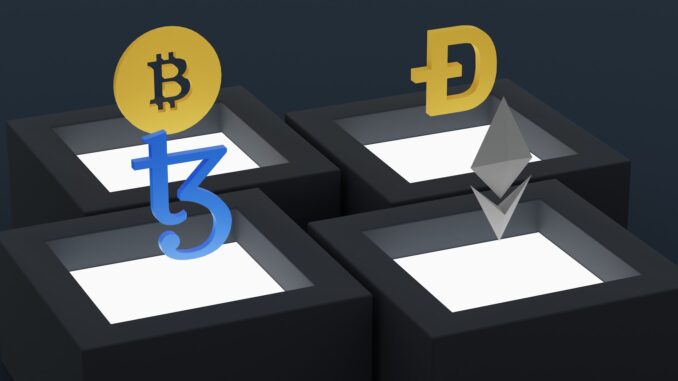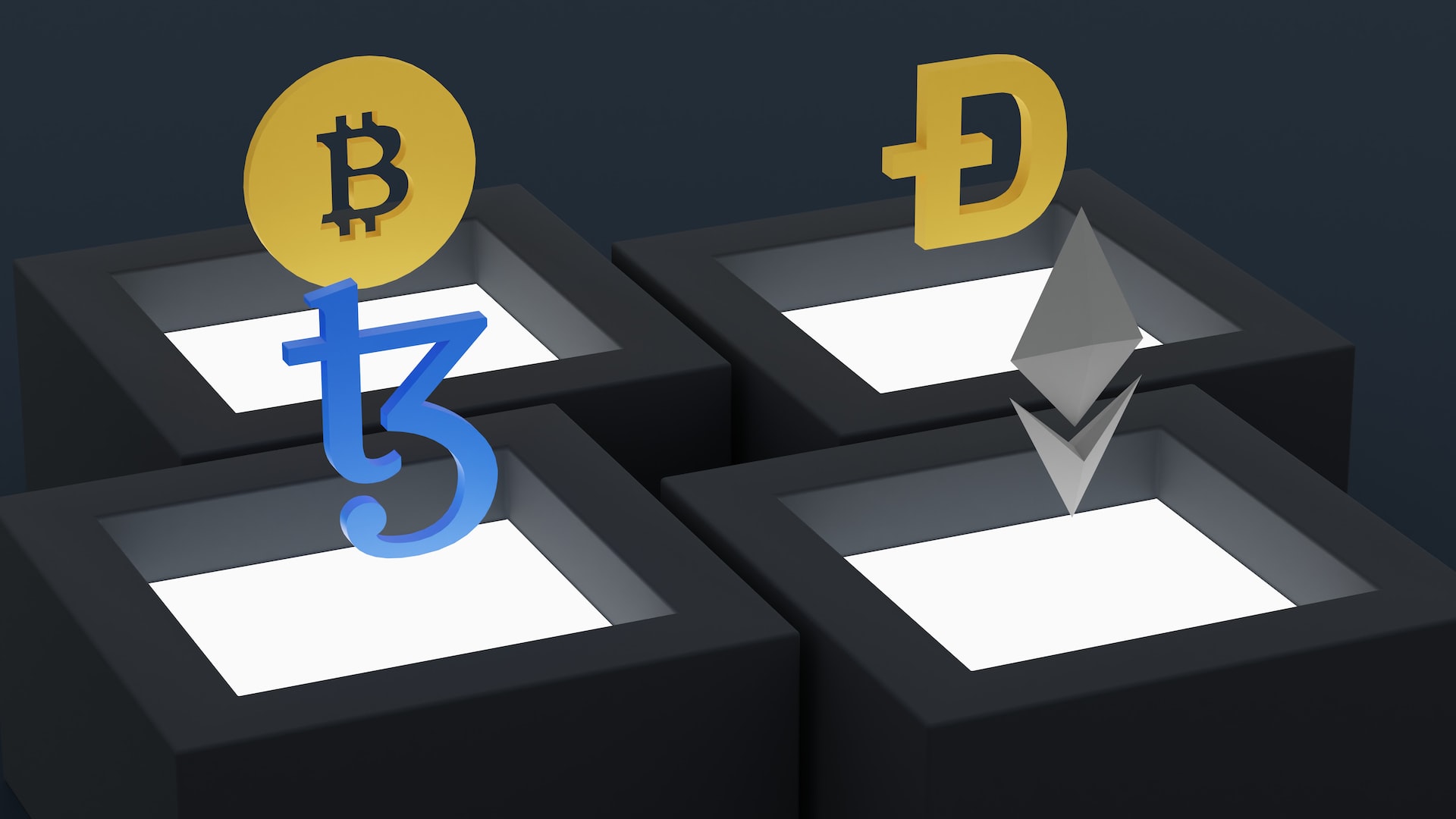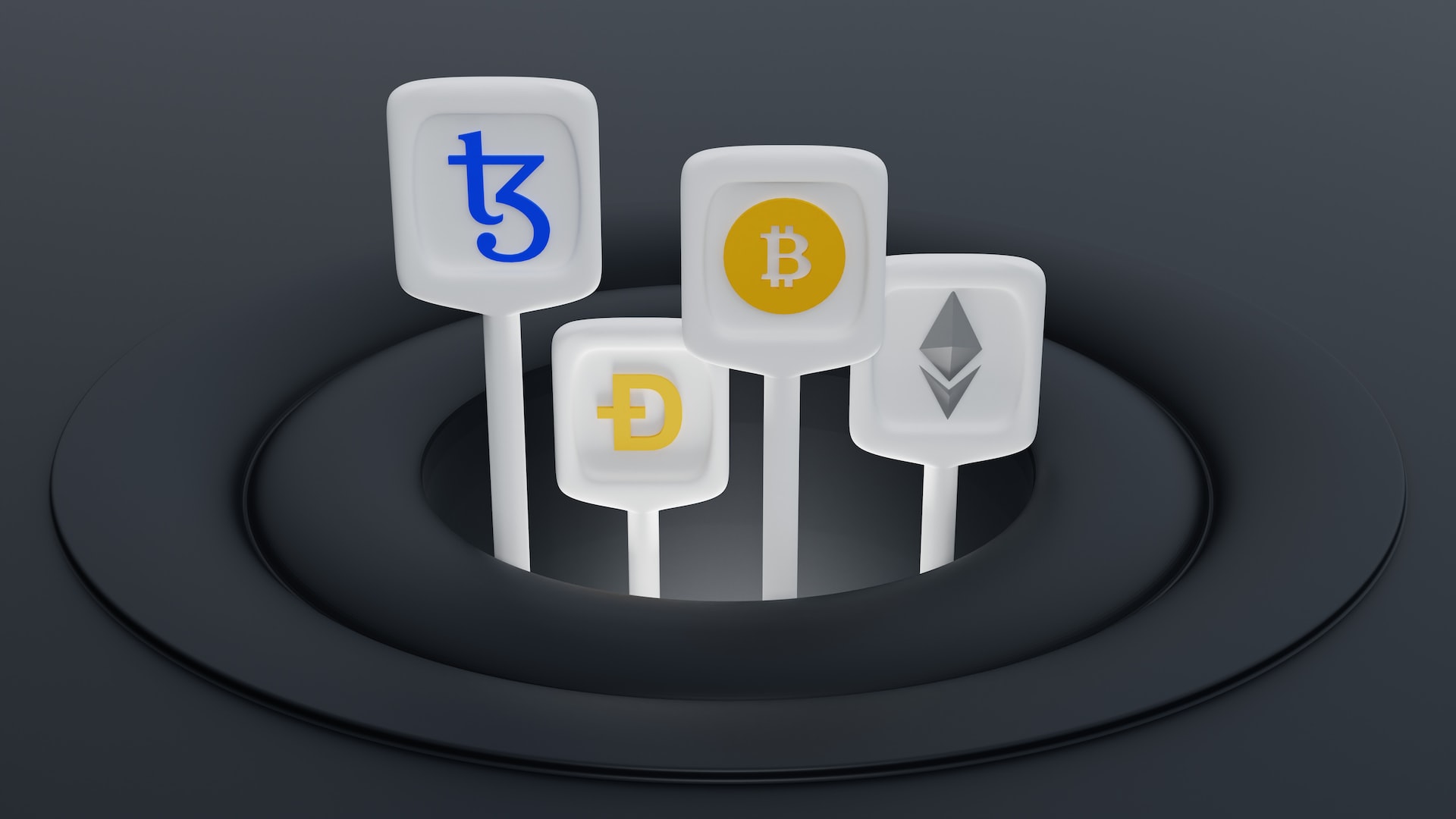

For a long time, venture capital has dominated startup funding, but that is slowly changing. Although the crypto industry is still at a nascent stage, a new funding approach is taking root, thanks to this new world. Investment DAOs are making it possible for anyone to invest in crypto projects and reap potential rewards.
Read on to learn about investment DAOs and whether it makes sense or not to join one.
What Are DAOs?
A decentralized autonomous organization (DAO) is essentially a company that is governed by smart contracts.
Members within a DAO discuss proposals and make decisions that are then implemented using smart contracts. A DAO can function without human intervention and run uninterrupted because of its blockchain base layer. This conveys the fact that even if DAO members lose interest or exit the organization, the governing framework will still endure on the blockchain.
DAOs typically make decisions through voting procedures using governance tokens that are held by their members. The more governance tokens a user has, the more influence they exert.
Some DAOs allow any member to propose, while others demand members to have a certain amount of governance tokens, which guarantees that they have skin in the game.
What is an Investment DAO?
The idea behind an investment DAO is to raise funds from its members and invest them on behalf of the members in different projects. The projects can range from crypto companies to digital assets like NFTs.
An investment DAO usually operates on a set of principles. Investments are guided by this set of principles using a proposed mechanism. For instance, a DAO may be designed to invest in specific industry sectors, such as DeFi or GameFi protocols.
Users, who own governance tokens of investment DAOs can make proposals on various matters. As mentioned in the previous section, some DAOs will limit which members can vote or make it a requirement to hold a minimum amount of governance tokens to vote. This is sometimes done to prevent spam or ensure only members with a high stake in the decentralized autonomous organization get to make investment decisions.
Once a proposal has been made, DAO members can either stake their tokens or use a snapshot mechanism to exercise their voting rights. By staking tokens to vote, voters incur on-chain fees. With some blockchains, for example, Ethereum, this can be quite costly, which is why some DAOs carry out their voting using what is called a snapshot.
A snapshot is a sort of decentralized voting system hosted on IPFS, a decentralized storage solution. It allows DAOs to have members vote without having to pay on-chain fees. Also, this method is useful in preventing users from influencing the vote by acquiring more tokens once they have viewed the proposal. Once the voting is completed, the final results are executed on-chain using smart contracts.
Profits from the investment DAOs are disseminated through airdrops of governance tokens to users, or via a staking mechanism. Users staking their governance tokens receive a share of the profits proportionate to their share of staked tokens.
Investment DAO members usually engage on Discord and Telegram channels to help organize, and run their communities.
Traditional Venture Capital vs. Investment DAOs
There are several advantages and disadvantages when comparing VCs and investment DAOs side by side. Here is a table that illustrates the key differences between traditional venture capital and investment DAOs.
Types of Investment DAOs

A detailed overview of the three main types of investment DAOs can help us understand their potential. They include DAO VC funds, syndicate DAOs, and services DAOs.
DAO VC Fund
A DAO VC fund is a second-generation DAO that sets up an external sister venture capital fund to increase the DAO’s investment outreach. With the aid of the external VC fund, the investment DAO can attract more members, as well as raise external financing by leveraging the support of limited partners (LPs). Moreover, this model ensures legal and regulatory compliance and seamless execution of contracts.
Similar to traditional VCs, the external VC fund for an investment DAO will exact a management fee alongside rewarding the DAO a major portion of the profits. The general partners in the treasury stand to be rewarded with incentives based on the performance of the DAO VC fund, which is in line with their DAO membership.
One of the significant benefits of this type of DAO is its fast decision-making process. The DAO assigns investment decision-making to general partners, who have the time and expertise to adequately investigate all proposals.
Syndicate DAO
The Syndicate DAO model works by having a parent DAO come up with different sub-DAOs for each investment. Altogether, members from the parent DAO can also join the sub-DAOs and participate in each investment.
Syndicate DAOs usually restrict the number of members in sub-DAOs to 99. This way sub-DAOs serve as investment clubs and receive all the returns associated with individual investments. However, the parent DAO will charge a fee for facilitating the sourcing as well as undertaking the due diligence for the investment.
Services DAO
Services DAOs use a community approach to investment by not directly investing in ventures. Rather they provide the necessary guidance and infrastructure to interested investors. Services DAOs usually have a variety of DAO members with technical skills and investment experience. These members can offer their services to investment funds in exchange for an equity stake or a flat service fee.
Service DAOs provide incentives to those supporting customer investment funds, while simultaneously keeping a specific portion of the fees collected for the community treasury.
Top Investment DAOs
Investment DAOs are making it easier for investors to band together and jointly invest in crypto projects. Here is a list of top investment DAOs.
BitDAO
BitDAO is a DAO that aims to build a decentralized token economy and support a broad range of crypto projects, including DeFi, NFTs, and more. The support comes in the form of facilitating research and development, providing liquidity, and direct investment. BitDAO intends to partner with emerging projects via token swaps, which allows the BitDAO treasury to accumulate a portfolio of top crypto assets.
BitDAO has its governance token that uses the ticker BIT. As of 10th, November 2022, the total market cap for BitDAO was $722,743,488.06.
DAOventures
DAOventures is a multi-chain investment protocol for fund managers and crypto investors. The DAO focuses on giving investors exposure to a wide range of web3 assets, including DeFi, Metaverses, and NFTs.
DAOventures has different types of products for investors, which allow them to gain returns from yield farming, invest in FAANG stocks, and also invest in metaverse tokens.
DAOventures has a governance token that uses the ticker DVD. As of 10th, November 2022, the total market cap for DAOventures was $106,580.46.
DAO.vc
DAO.vc is focused on creating a curated marketplace of crypto startups for investors to fund. DAO.vc offers a vibrant ecosystem to investors, complete with a startup incubator, a tokenized community pool, a crowdfunding service, and a marketplace for freelancers and headhunters. Investors can fund a startup’s portfolio through the tokenized community pool.
DAO.vc has a governance token that uses the ticker DAOVC.
Syndicate
SyndicateDAO is based on the sub-DAO model that allows users to create investment clubs as well as legal entities for their investment clubs. Each investment club on Syndicate is powered by ERC20 tokens on the backend, which are fully composable with DAO tools, community management tools, and more.
Moreover, the Syndicate investment clubs can invest in a range of crypto assets and startup equity off-chain. All on-chain investments are displayed in real-time on the investment club’s dashboard.
It is important to note that Syndicate is still in beta testing mode.
Opportunities & Risks of Investment DAOs
The main opportunity offered by Investment DAOs is the coordination of capital among large groups of people. Moreover, investment DAOs enable their members to use their networks to develop a diverse transaction pipeline pre-investment, which they can leverage after the investment to provide better support to portfolio companies.
Having said that, investment DAOs have specific risks associated with them. These include:
Poor investment decisions: The investment DAO could lose funds after investing in projects with a negative return.Smart contract failure: DAO smart contracts may fail because of bad actors exploiting a faulty code line that allows them to hack the protocol and steal user funds.Mismanagement: Investment DAOs need to manage their treasury well, or else any impropriety or incompetence from members could lead to the decline of the fund.
Should You Invest Your Money Into an Investment DAO?
Investing your money in investment DAOs may be worthwhile if you are looking to access a broad range of crypto projects and assets to diversify your crypto investment portfolio.
Investment DAOs also allow you to make decisions through ownership of governance tokens, which means you can have a say in how your money is being invested.
However, it is important to remember that DAO governance tokens are risky, and their value can fluctuate substantially. Therefore, you should only invest in what they can afford to lose.





Be the first to comment